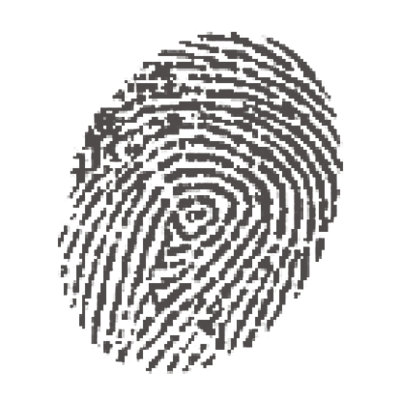Krzysztof Wojdyło
Different layers of data
03.12.2020
new technologies
The conceptual framework of the data economy also requires an understanding of the division of data into different layers. This may have great legal significance.

New series: Data economy
26.11.2020
new technologies
We are launching a series of articles on the data economy. We use this term to refer collectively to new models of the economy in which the principal role is played by data. Data are becoming an asset in their own right which is more and more often the subject of commercial exchange. This doesn’t mean only personal data. It also, or even primarily, means non-personal data of all sorts, including those generated or gathered by machines, whose value we are only beginning to discover.

Who owns data?
26.11.2020
new technologies
A core issue for the data economy is how to define the legal status of data. Can data be the subject of ownership? If not, what rights can be exercised with respect to data? Future models for management of data will depend on the answers to these questions.

Legal aspects of the video game industry
04.06.2020
new technologies, intellectual property
The video game development sector has grown rapidly in recent years. With the spread of smartphones, new business models, and distribution platforms, the market for video games has taken off, becoming a key sector of the creative industry. Its growth stirs the imagination and appetite not only of game producers and publishers, but also of the biggest companies in sectors like IT and film, who are increasingly oriented toward the game market. It is also a promising field for investors, particularly from Asia. The industry’s growth has not even been slowed by the COVID-19 pandemic. To the contrary, the industry has taken advantage of this time to reinforce its position and achieve new growth.

Tech versus virus: Remote diagnostics
21.05.2020
coronavirus, life sciences, new technologies
This time we address solutions from the front lines: devices for remote diagnostics which can improve effective detection of the coronavirus and also unburden the health service in other areas. These solutions can also serve as a proving ground for the regulatory approach to oversight of algorithms.

Tech versus virus: Contact tracing
23.04.2020
coronavirus, new technologies, data protection
The battle with the coronavirus is dynamically entering another phase. After the initial shock, we are realising that technology may have a crucial impact on the rate of return to a somewhat more normal life. This doesn’t mean just biotech. Solutions keeping the virus under relative control until effective vaccines reach the market can prove just as important.

Money laundering from a compliance perspective
06.02.2020
new technologies, payment services
Money laundering and financing of terrorism have become a source of major risks in business operations over recent years. On one hand, businesses are exposed to the risk that their services may be used for money laundering, and on the other hand they are increasingly targeted by strict AML regulations, where noncompliance can carry stiff sanctions.

Technology and its discontents
21.09.2017
new technologies
Any new technology that gains universal application changes the existing world. The reconfiguration occurs imperceptibly but thoroughly. But in this new reality, how should the rule of law, values essential to the civil society and human rights be protected?

Beware of electronic form
31.08.2017
new technologies, contract
A year has passed since introduction into the Polish civil law of revolutionary but not widely noticed changes in the form of legal transactions. A few examples will illustrate how important these changes are.

PSD2: Strong customer authentication
27.10.2016
new technologies
Proposed standards for strong authentication stir numerous controversies.

Terrorism and new technologies
14.07.2016
new technologies
Recent terrorist attacks have revealed the dark side of new information technologies. Organiz¬ers of attacks, or fighters for the “Islamic State,” have ruthlessly exploited the latest communica¬tions technologies. For example, according to media reports, terrorists have arranged attacks via PlayStation tools or encrypted instant messaging services. Polish lawmakers decided to respond to this phenomenon by passing the Anti-Terrorism Act of 10 June 2016.

Crowdfunding and cybersecurity
25.05.2016
banking & finance, new technologies
Operators of crowdfunding platforms should carefully follow the work on the Network and Information Security Directive. The last draft of the proposal suggests that crowdfunding platforms could be covered by the directive.
